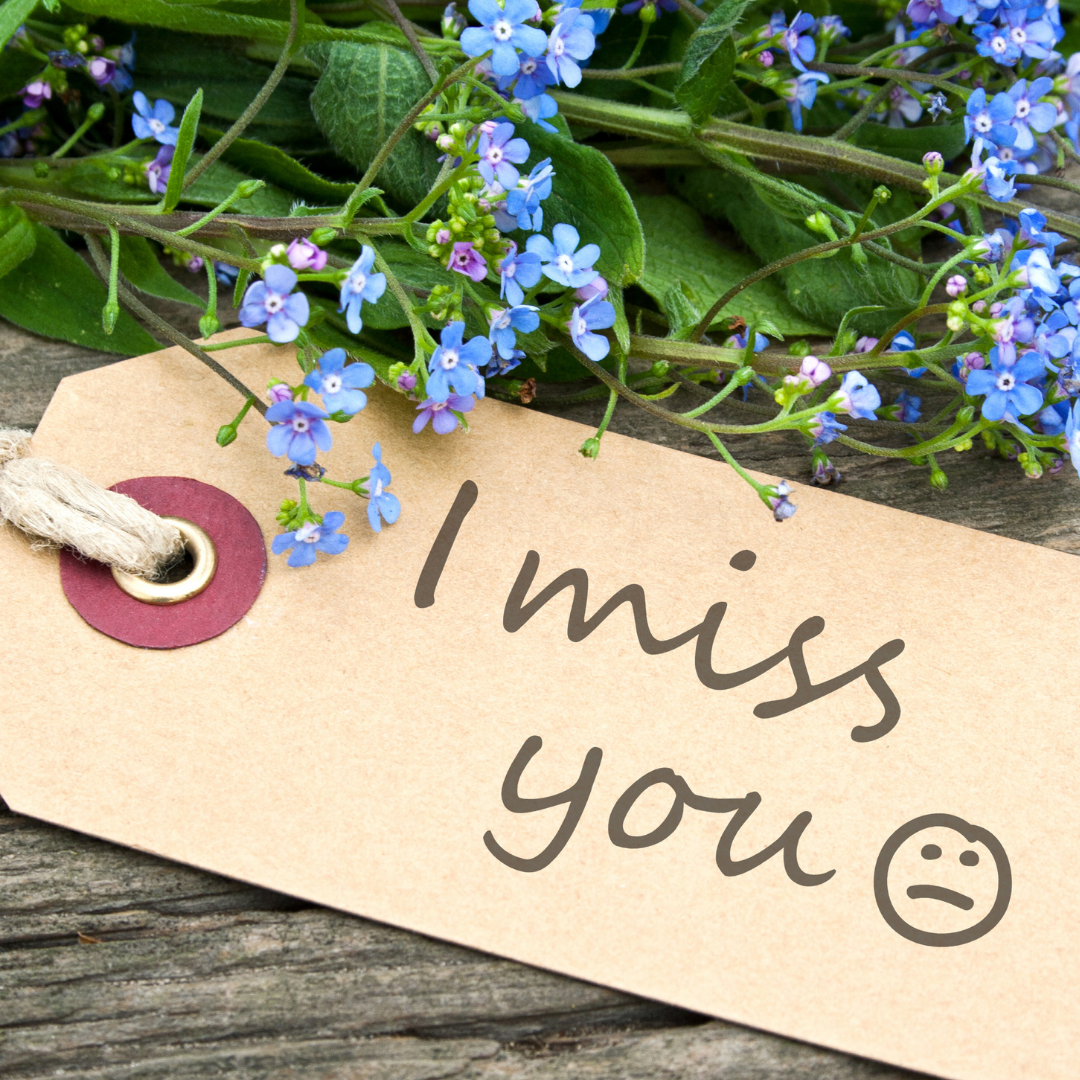|
By: Maria Servold EPLA Editor Anyone who has suffered a miscarriage knows the sorrow that follows in the aftermath of the loss itself. Many times, women must return to work soon after a miscarriage, as they may be unable to take paid time off or feel uncomfortable asking for time off. At the end of March, New Zealand’s parliament voted in a law that will provide three days of paid bereavement leave to mothers and their partners after a miscarriage. While some private companies may already offer paid bereavement leave for miscarriage, New Zealand’s national movement sets a great example for the rest of the world. Mothers and fathers who experience loss should not feel awkward or guilty for taking time off to grieve; nor should they have to use paid sick time in the wake of a miscarriage. As quoted in the Washington Post, Ginny Anderson said, “The grief that comes with miscarriage is not a sickness, it is a loss.” According to the Post article, the United States has no laws in places about paid leave after a miscarriage or stillbirth. We acknowledge that many companies probably have their own miscarriage bereavement policies, but it would be great to see national recognition of the need for such leave. Maria Servold is an Editor at the EPLA, Assistant Director of the Herbert H. Dow II Program in American Journalism, and Lecturer in Journalism at Hillsdale College.
0 Comments
When I lost my first baby to miscarriage, I had a deep fear that the world would forget my baby. I wanted my baby to be known, to be seen, to be loved. I resolved that I would carry on the memory of my baby and save a space for this child as part of our little family. I was desperate for this child to have a space. We decided to call our first baby Baby, as that is what we had called the child for more than two months. I decided that I would mark Baby’s due date with a single purple rose each year. This would be a part of our family tradition, even if and when we had living children. I also had carved out space for Pregnancy and Infant Loss Awareness Month and the loss date. I had many plans so that we wouldn’t forget Baby. Then we lost another baby, and another. The ceremonies were getting harder to juggle and seemingly less necessary. Then suddenly, after three losses and two live births, I couldn’t keep straight due dates, birth dates, and loss dates. My four year old has hardly heard me talk about our first three children and I haven’t bought a single purple rose in a few years. It would be easy to feel like I have failed them. But I haven’t failed them at all. What I realize now, seven years after my first loss, is that I will never forget these children. These ceremonial acts were very helpful as I navigated the early days of grief, but I have found a less demanding and rigorous routine that helps heal my soul in this season of life. The memory activities are less scheduled and more free-flowing now. I might purchase purple roses randomly or visit the memory box on accident while cleaning and organizing the bedroom. But this doesn’t mean these children don’t hold a real space in our lives. Instead, they are integrated into my life, much like my living children. I think of them often, not only on their “birthdays.” My fondness never fades and their reality never goes away. Even when I forget the flowers. Emily Carrington is a freelance writer, wife, mother, and founder of the EPLA.
“The baby stopped growing. Here is where there should be a heartbeat,” the ultrasound tech told me as I lay on the table, half filled with hope, half expecting another loss. This was pregnancy number six, now a fifth pregnancy loss, a sixth loss in total, counting our foster daughter who passed away unexpectedly at 15 months old. I immediately asked to call my husband. There really were no words, but I needed to let him know. I needed to let someone who understood know.
We opted to wait a week for a repeat scan just because I had been here before. I knew my options, and I was nowhere near ready to make a split second decision. I wanted to miscarry naturally if my body would cooperate. At this time, one of our goals was to do genetic testing on our baby to see if we could determine a cause for another devastating loss. After two weeks of waiting, I opted to take Cytotec, a drug that induces labor by softening the cervix to produce contractions. Within six hours, our baby was born. There is nothing more demoralizing and humbling than bleeding and cramping over a strainer on the toilet in the middle of the night. The next morning, after my husband and I had some time to think, talk, and reflect, we realized we really did not want to do genetic testing on our baby. We thought we would bury her, but we were in the midst of winter. We knew our baby would not last long-term in our fridge, and just knowing that fact was traumatic in its own right. I do not even know where I heard about it, but I remember hearing that many funeral homes will cremate a baby lost to miscarriage at no cost to the parents. I talked to my husband about this option, and he agreed with me that this would be the way to go. The first funeral home that came to mind was the funeral home that cremated our foster daughter after she died. We called him, and he expressed his condolences and said he would come to our house that evening to retrieve our baby. The moment he left with our baby, I knew immediately we made the correct decision for our baby and our family. There was a “stillborn fetus” form we had to fill out and sign, but otherwise, it was a simple and healing process for us. It did not take long to cremate our baby. We are still processing, but we know we will find a way to honor our baby and the life she never got to fully live. We are thankful for the funeral home who expressed such kindness and compassion, who offered hope and extended grace. It is healing to have our baby with us instead of not knowing where our baby would be if genetic testing had been done. I am thankful for an option other than flushing. This alone has brought about a semblance of closure, another step to healing, it makes this grief just a tad bit more bearable. Submitted by an anonymous friend of the Early Pregnancy Loss Association. |
Archives
December 2023
Categories
All
|




 RSS Feed
RSS Feed